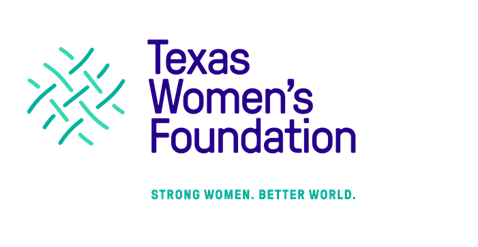Via: Reform Austin
By: Isobella Harkrider
In part two of our look at the economic hardships Texas women are facing, we posed four questions to Texas Women’s Foundation’s Chief Operating Officer Dena Jackson. Part one is available here.
- What was your most surprising finding from the study about a Texas woman’s income and income gaps?
Jackson: “Women make up half the state’s population but are not as economically secure as men. While overall poverty across the state has declined, the gender pay gap still persists, and women as a group — even college-educated women — earn less than men in every single occupational sector. In Texas, the gender wage gap has not budged over the past decade. For every hour that Texas women work, they earn $2.83 less than their male counterparts. That equates to 86 cents for every dollar that men earn — and Black and Hispanic women are paid even less. This pay inequity has life-long financial consequences for women and their families.”
- Can you expand on what the report shared about child care deserts, what they are, and what do you believe can be done to improve this issue?
“About 2.5 million Texas mothers work outside the home, which means that access to affordable and appropriate child care is critical for them to remain in the workforce. Yet, across Texas, 48 percent of families live in child care ‘deserts,’ including the majority of Hispanic and rural families.”
“According to American Progress, a child care desert is any census tract with more than 50 children under age 5 that has either no licensed providers or three times as many children as licensed slots.” * This map illustrates child care supplies: https://www.childcaredeserts.org.”
“Because child care is too expensive, the cost can hobble families economically and force hard decisions between quality, safety, jobs and school.”
“To improve access to child care, the Texas State Legislature can continue the great work they did in 2019 and fund full day pre-K for eligible students by partnering with high-quality early childhood education centers. In the corporate world, businesses of all sizes can implement family-friendly leave and work policies that include earned paid sick leave and dependable scheduling. Note this is ‘family-friendly,’ not ‘women-friendly,’ because these policies serve the whole family — dads as well as moms.”
- The report says ‘a better world must have strong women.’ Can you share the truth behind this statement?
“When you invest a dollar in a woman, she will usually reinvest that dollar into her family, which is an investment into the future of her children and our communities. There are so many wonderful stories, but the ones we highlighted in the study are some worth noting. I encourage everyone to read and hear from them personally: www.txwfecoissues.org.”
- What has been the response to the report from advocates from local communities?
“They are thrilled to have data to support their own initiatives that uplift women and girls, so that they can better advocate for what’s most important to them—whether it’s education, child care, housing, health insurance, or all four. Each of these building blocks — if given the proper support through the lens of building up women and their families — will strengthen all of our communities, and thus the state as a whole.”
A few (not all) of the Women’s Foundation’s policy recommendations:
• State legislators can strengthen equal pay for equal work policies that can reduce the income wage gap, especially for women of color.
• The state of Texas should establish a paid family and medical leave program that supports workers during pregnancy, adoption or extended periods of medical care.
• State legislators can address college affordability through increased funding of TEXAS Grants and College Promise programs to support women, especially women of color, who have been burdened by high student loan debts as they enter the workforce.
• School districts should take advantage of what funds exist to support full-day pre-K programs, and the state should work to close the gaps. In 2019, the State Legislature passed a bill requiring full-day pre-K for all four year-olds but did not change the structure of pre-K funding. Currently districts can take advantage of separate early education funding or get a waiver.
• The State of Texas should remove barriers to tenant protection. When the city of Austin passed a resolution to prohibit landlords from discriminating against tenants based on their source of payment, the Texas Legislature outlawed the ability for cities to enact such antidiscrimination policies. Tenant protections would positively impact the livelihoods of Texas women who bear more of a housing burden and are more likely to be renters.
Read real-life stories about the experiences of a diverse group of Texas women that reflect the experiences of thousands of Texas women each day here.
